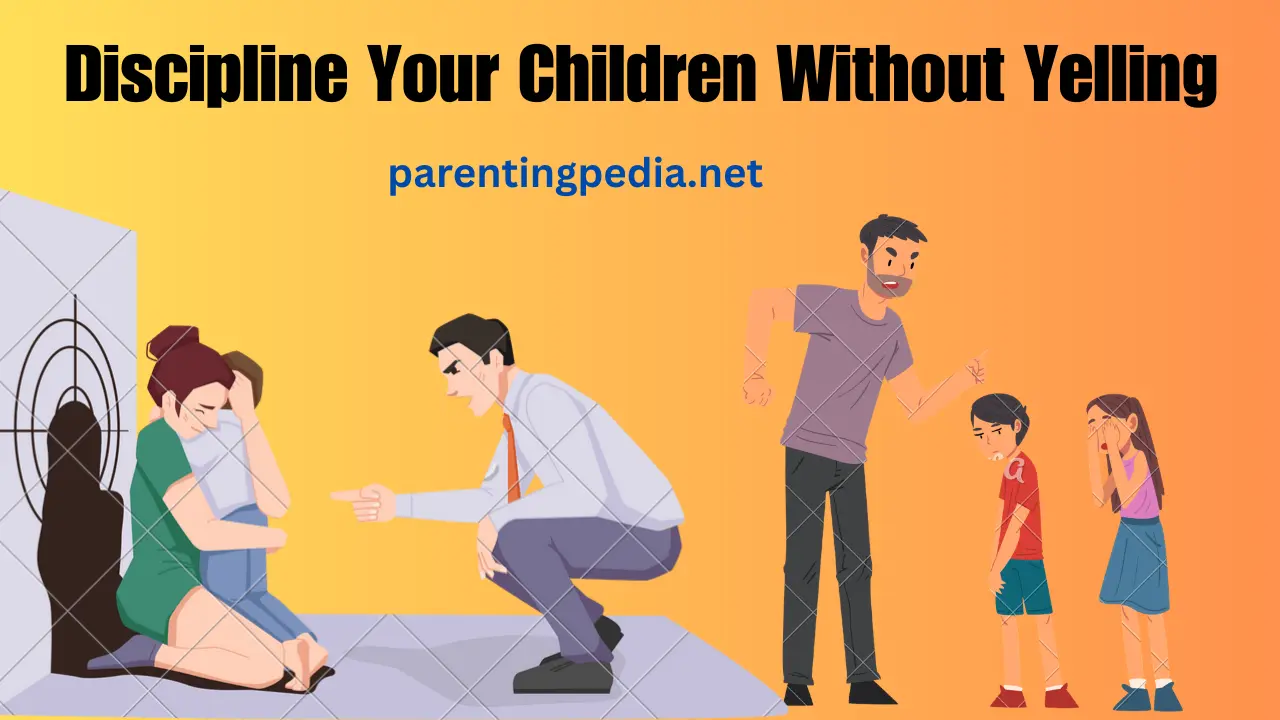In today’s world, it is very difficult for parents to deal with bad child behavior. Parenting is undoubtedly one of the most rewarding experiences, but it comes with its fair share of challenges, particularly when dealing with bad behavior in children. Whether it’s temper tantrums or disobedience, addressing these behaviors requires patience, understanding, and effective strategies. In this article, we’ll explore actionable ways parents can handle and improve their child’s behavior. In this article, we will discuss about How To Deal With Bad Child Behavior.
ROOT CAUSES FOR BAD CHILD BEHAVIOUR
Understand the Root Cause:
Before reacting to your child’s behavior, take a step back and try to understand what might be causing it. Is it frustration, a need for attention, or perhaps a lack of clear boundaries? Understanding the underlying reasons can help you address the behavior more effectively.
Set Clear Expectations:
Establishing clear expectations and rules is essential for guiding your child’s behavior. Clearly communicate what behaviors are acceptable and unacceptable, and consistently enforce these boundaries to deal with bad child behavior
Use Positive Reinforcement:
Acknowledge and praise good behavior to reinforce positive actions. Positive reinforcement, such as verbal praise, rewards, or privileges, encourages children to repeat desirable behaviors.
Stay Calm and be Patient:
Maintain your composure, even in challenging situations. Reacting angrily or impulsively can escalate the situation and make it more difficult to address bad child behavior effectively. Take a deep breath, remain calm, and respond thoughtfully.

Read More: Support Your Teens Mental Health
EFFECTIVE STRATEGIES FOR DEALING WITH BAD CHILD BEHAVIOR
Implement Consequences Consistently:
Consistency is key when it comes to discipline. Clearly outline consequences for negative behavior and follow through consistently. This helps children understand the correlation between their actions and consequences.
Encourage Open Communication:
Create an environment where your child feels comfortable expressing their thoughts and feelings. Encourage open communication and listen actively to understand their perspective. This can help address underlying issues and prevent future behavioral problems.
Lead by Example:
Children often mimic the behavior of their parents, so it’s essential to model positive behavior. Demonstrate patience, empathy, and respectful communication in your interactions with others, including your child.
Seek Professional Help if Needed:
If your child’s behavior persists despite your best efforts, don’t hesitate to seek professional guidance. A pediatrician, counselor, or child psychologist can offer valuable insights and support tailored to your child’s specific needs.
CONCLUSION
Dealing with bad child behavior can be challenging, but it’s not insurmountable. By understanding the root causes, setting clear expectations, using positive reinforcement, and maintaining patience, parents can effectively manage and improve their child’s behavior. Remember, every child is unique, so it may take time to find the strategies that work best for your family. With consistency, empathy, and perseverance, parents can navigate these challenges and foster positive growth and development in their children.
FAQs
How do you discipline a child with behavior problems?
First, understand the root cause, set clear boundaries, use positive reinforcement, and seek professional help if needed. Consistency, patience, and effective communication are key to guiding their behavior positively.
How do you deal with a difficult child’s behavior?
To handle difficult child behavior, maintain calmness, establish clear expectations, and utilize positive reinforcement techniques while seeking professional support if necessary. Consistent discipline coupled with empathy fosters a conducive environment for behavioral improvement.
Why does my child behave so badly?
Children may behave poorly due to various reasons such as seeking attention, frustration, lack of clear boundaries, or underlying emotional issues. Understanding the root cause can help address and improve their behavior effectively.
How do I stop yelling at my kid?
To stop yelling at your child, practice mindfulness techniques to manage frustration, communicate calmly, and establish clear expectations with consistent consequences to encourage positive behavior. Employing patience and empathy fosters a healthier parent-child relationship.
Remember, the greatest reward of parenting lies in watching
your children soar with love and confidence.
Till then keep smiling and be happy
🎉 Score Freebies by Completing Fun Offers – Start Now!

